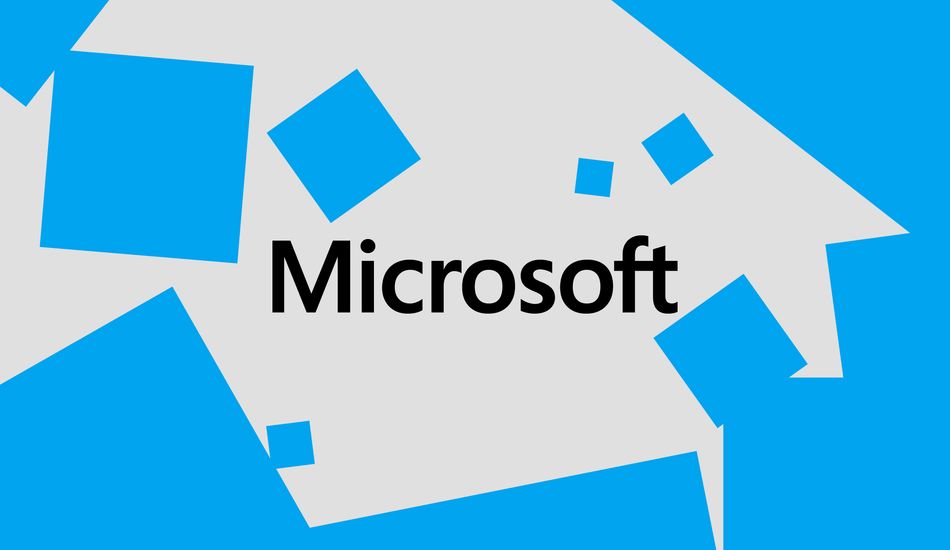
Microsoft's AI Protocol Faces Early Security Scrutiny After Vulnerability Discovery
Just a few months after Microsoft proudly unveiled its new NLWeb protocol at Build, researchers have already uncovered a critical vulnerability. NLWeb, envisioned as the "HTML for the Agentic Web," promised to bring ChatGPT-like search capabilities to websites and apps. However, this early stumble raises serious questions about the rush to integrate AI.
The flaw, discovered as Microsoft began deploying NLWeb with companies like Shopify, Snowflake, and TripAdvisor, allows remote users to access sensitive files. Think system configuration files and even API keys for OpenAI or Gemini. Ouch! What makes it worse? It's a classic path traversal vulnerability, meaning exploitation is as simple as visiting a specially crafted URL. It's like leaving the front door wide open.
Microsoft has since patched the vulnerability, but the fact that such a basic flaw slipped through the cracks is concerning. Especially given Microsoft's supposed laser focus on security these days. According to Aonan Guan, one of the security researchers who reported the issue, this incident highlights the need to re-evaluate the impact of classic vulnerabilities in the context of AI systems. These vulnerabilities now have the potential to compromise not just servers, but the very "brains" of AI agents.
Guan and his colleague, Lei Wang, reported the vulnerability to Microsoft in late May, shortly after NLWeb's debut. While Microsoft issued a fix in July, they haven't yet assigned a CVE (Common Vulnerabilities and Exposures) identifier, an industry standard for tracking vulnerabilities. This reluctance to issue a CVE, despite pressure from the researchers, is a bit puzzling. A CVE would help raise awareness of the fix, even if NLWeb isn't yet widely adopted.
A Microsoft spokesperson stated that the impacted code isn't used in any of their products and that customers using the repository are automatically protected. Guan, however, urges NLWeb users to update to a new build to eliminate the flaw. Otherwise, any public-facing NLWeb deployment remains vulnerable to unauthorized access to sensitive .env files containing API keys.
While leaking an .env file in a web application is bad enough, Guan argues it's "catastrophic" for an AI agent. These files often contain API keys for powerful language models like GPT-4. An attacker could steal the agent's ability to think, reason, and act, potentially leading to significant financial losses through API abuse or the creation of malicious clones. It's like handing over the keys to the kingdom.
With Microsoft pushing forward with native support for Model Context Protocol (MCP) in Windows, despite warnings from security researchers, the NLWeb flaw serves as a cautionary tale. It underscores the need for a balanced approach, prioritizing security even as new AI features are rapidly rolled out. Otherwise, these shortcuts could come back to bite us.
Source: The Verge